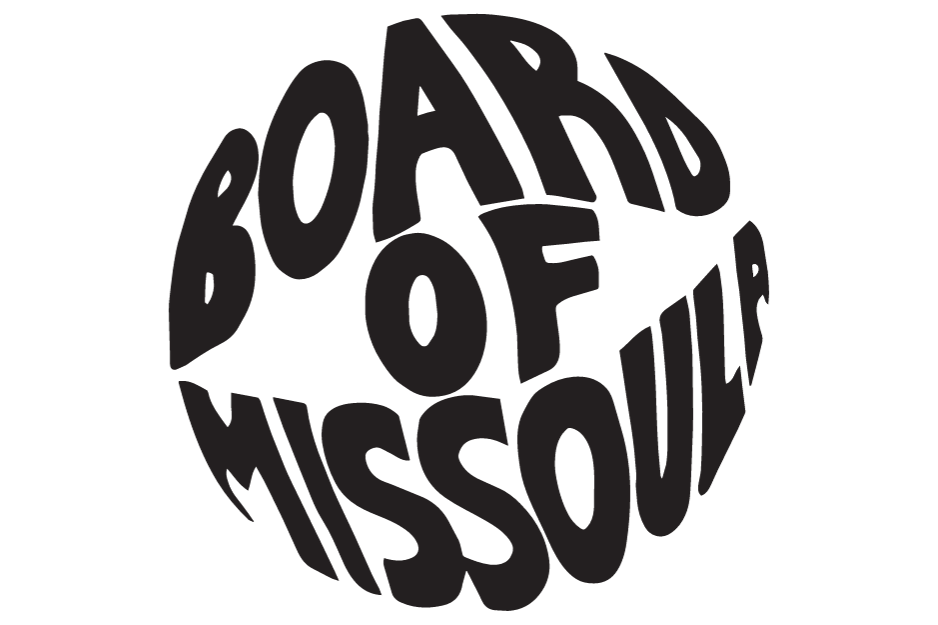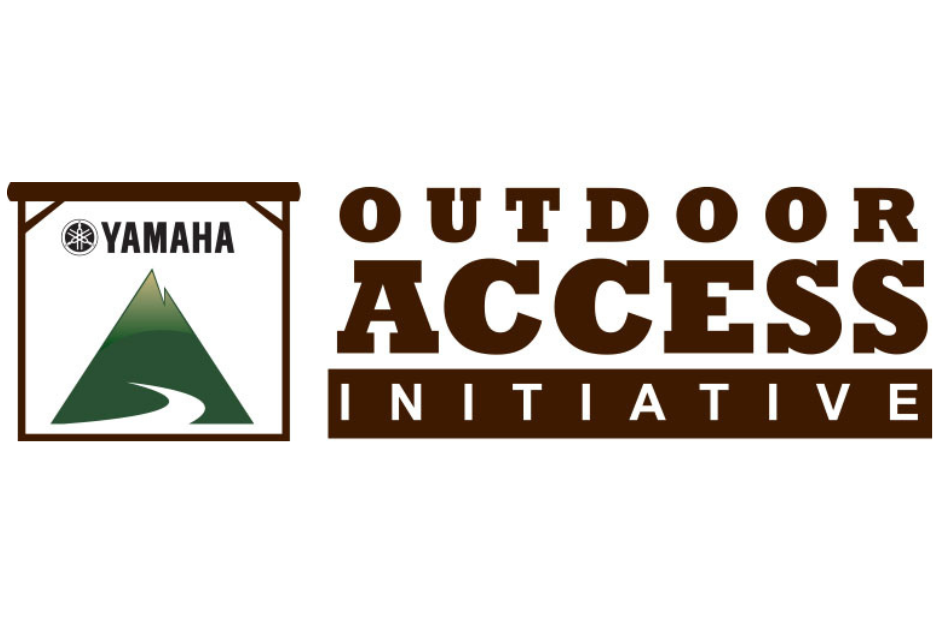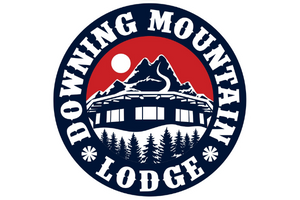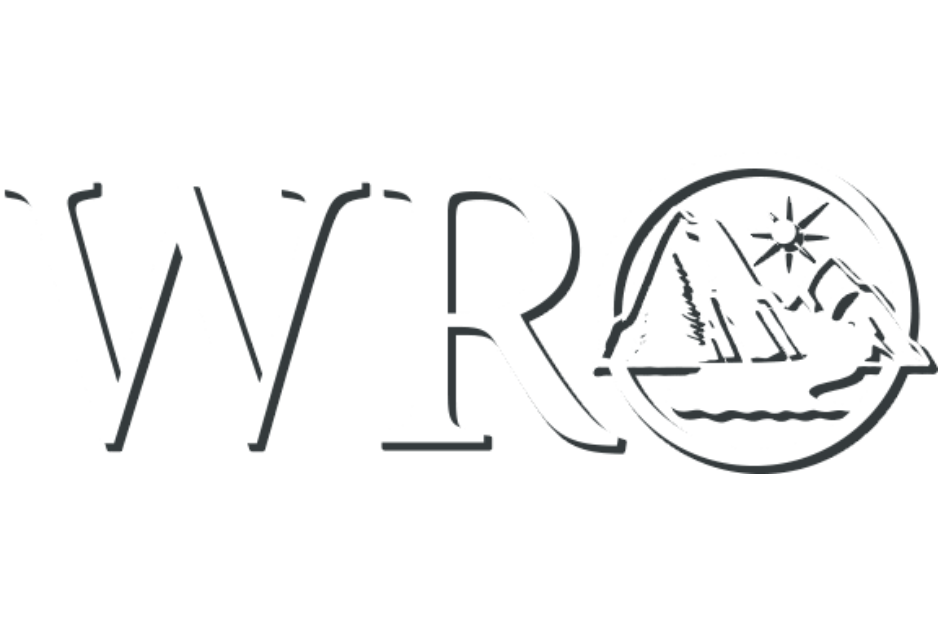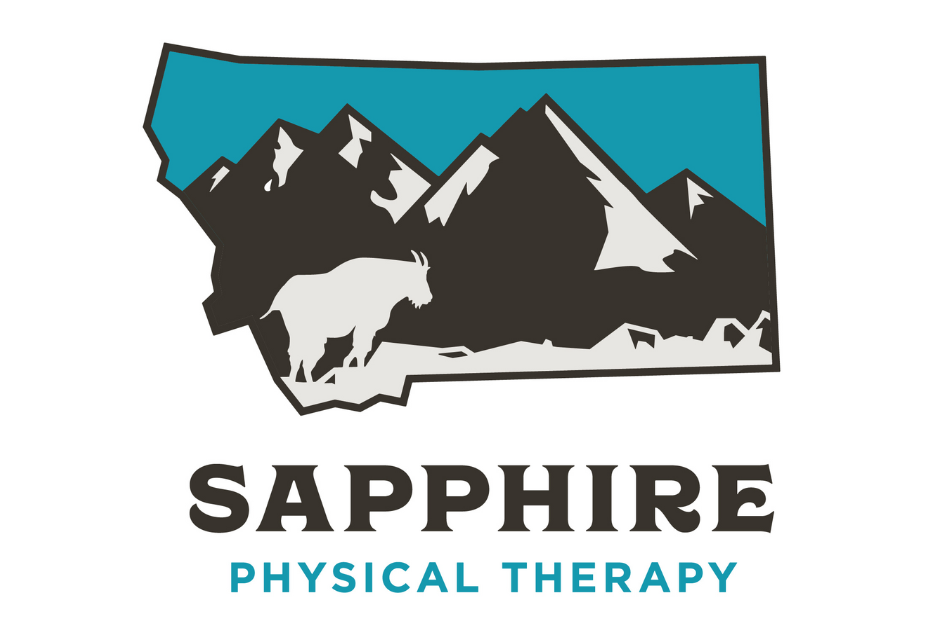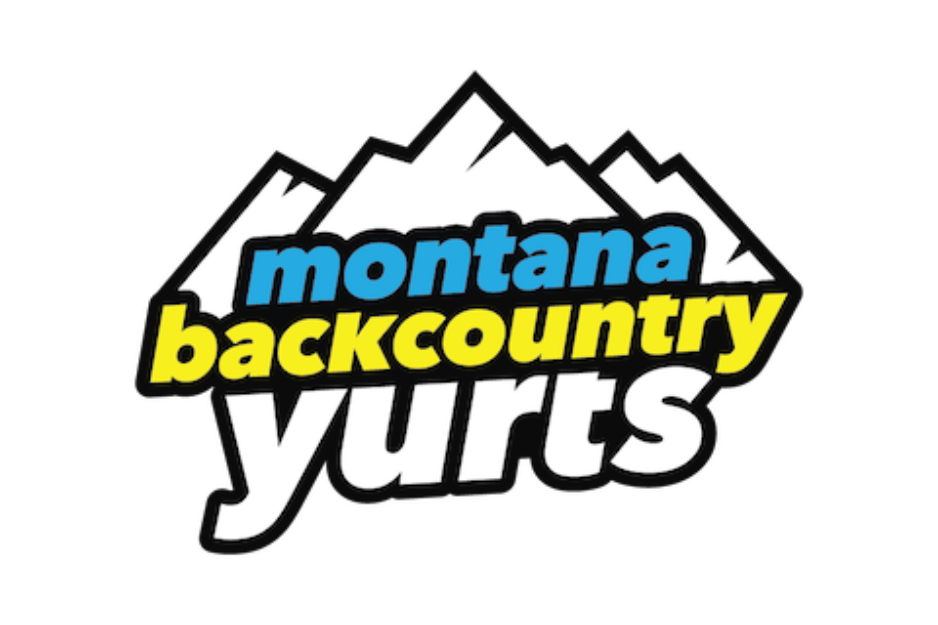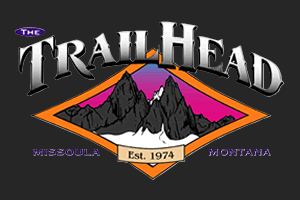March 4, 2011 Avalanche Advisory
The avalanche danger is now MODERATE in all mountain locations above 5000 feet.
Below 5000 feet the avalanche danger is LOW.
MODERATE danger means there is heightened avalanche conditions on any wind-loaded terrain. Natural avalanches are unlikely and human-triggered avalanches are still possible. Under these conditions it is important to identify where these areas exist and travel accordingly.
The places to look for these wind-slabs are any leeward terrain where wind blown snow collected and formed stiff slabs. The can be on any aspect above 5000 feet as our area has experienced high winds from several directions as each of the storm fronts passed.
LOW avalanche danger means natural and human-triggered avalanches are unlikely but you can still find unstable snow on isolated terrain features.
Good morning riders and sliders! This is Steve Karkanen from the West Central Montana Avalanche Center with the backcountry avalanche advisory for Friday, March 4, 2011.
Weather and Snowpack Analysis
A winter storm moved through west central Montana early in the week bringing warmer temperatures and significant precipitation. By Wednesday, the northern portions of the Bitterroot mountains received 2.1 inches of new snow water equivalent (SWE) at Lookout, 2.3 inches at Hoodoo and 2.2 at Lolo Passes. To the east, Stuart Peak and North Fork Jocko SNOTEL sites both reported just over an inch of SWE and southern Bitterroot sites about 1.5 inches.
Lookout Pass ski area has reported close to 6 feet of snow in a weeks time and similar snow at Hoodoo Pass has made travel difficult even with powerful sleds. This snow appears to be settling quickly and bonding well to the older snowpack and our observers felt that the main concern is recently formed wind-slabs on terrain steeper than 35 degrees.
The Lolo Pass area was on the southern edge of the storm so did not see the same amount of new snow as the northern mountains. Warmer temperatures and sun Wednesday left a crust on the surface that may be a potential weak spot after the next big snow. Observers here were finding mostly stable conditions with moderate force failures at density changes within the newest snow.
The southern mountains are missing out on the big snowfall amounts but the conditions are quite good for your choice of travel. Observers near Lost Trail also indicated that wind-slabs are the main concern and that they are still finding pockets where the old buried surface hoar is reacting to their stability testing with a lot of force required to produce failure.
In the Rattlesnake and southern Missions conditions are mostly stable with wind-slabs as the main concern at the higher exposed locations. The wind has played a major role in sculpting current conditions. Cornices are huge and sensitive and we’re seeing them in places that are unusual. It is important to look for places that have been cross-loaded during periods of high wind.
Observers in the southern Missions reported that many steeper slopes have been ridden recently with no slide activity.
Weather Forecast and Avalanche Outlook
Expect unsettled weather Friday with below normal temperatures and scattered snow showers in the mountains. High pressure begins building over the area late Friday into Saturday with the next good chance for snow arriving later Sunday.
The avalanche danger will continue to improve as the newest snow settles and strengthens under these mild weather conditions. As we progress into March with higher sun angles, whenever the sun has the chance to warm any slope the avalanche danger may quickly increase to CONSIDERABLE.
I’ll issue the next advisory Monday, March 7, 2011.



